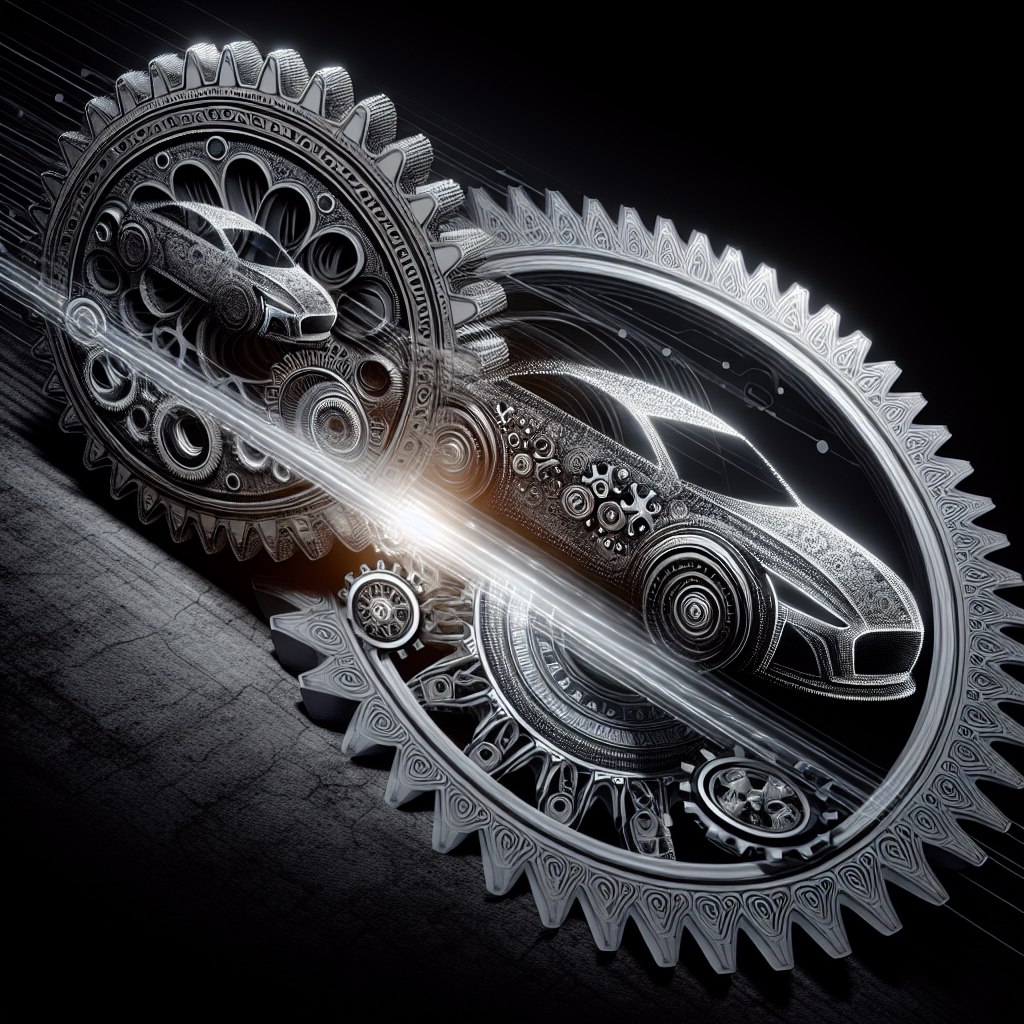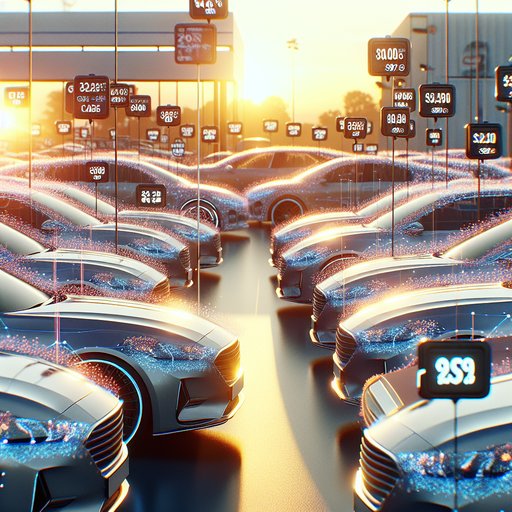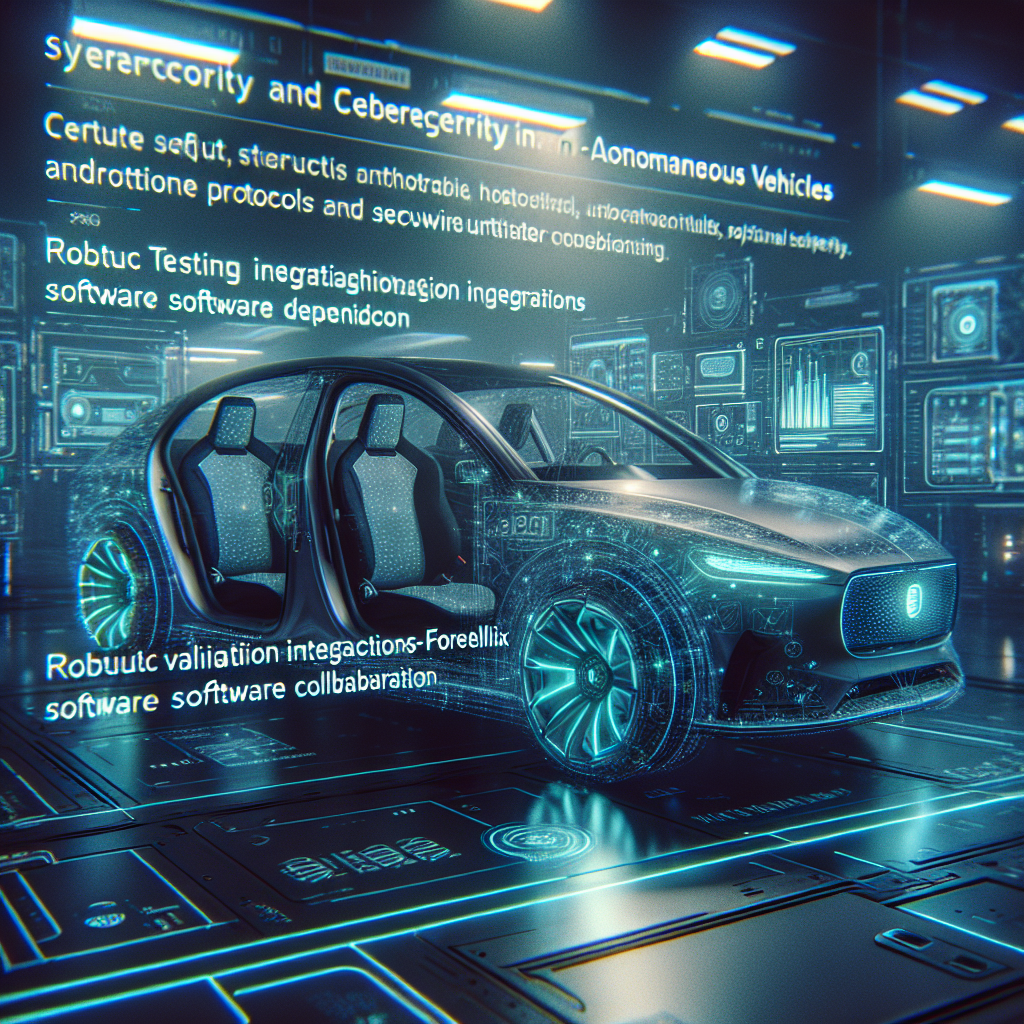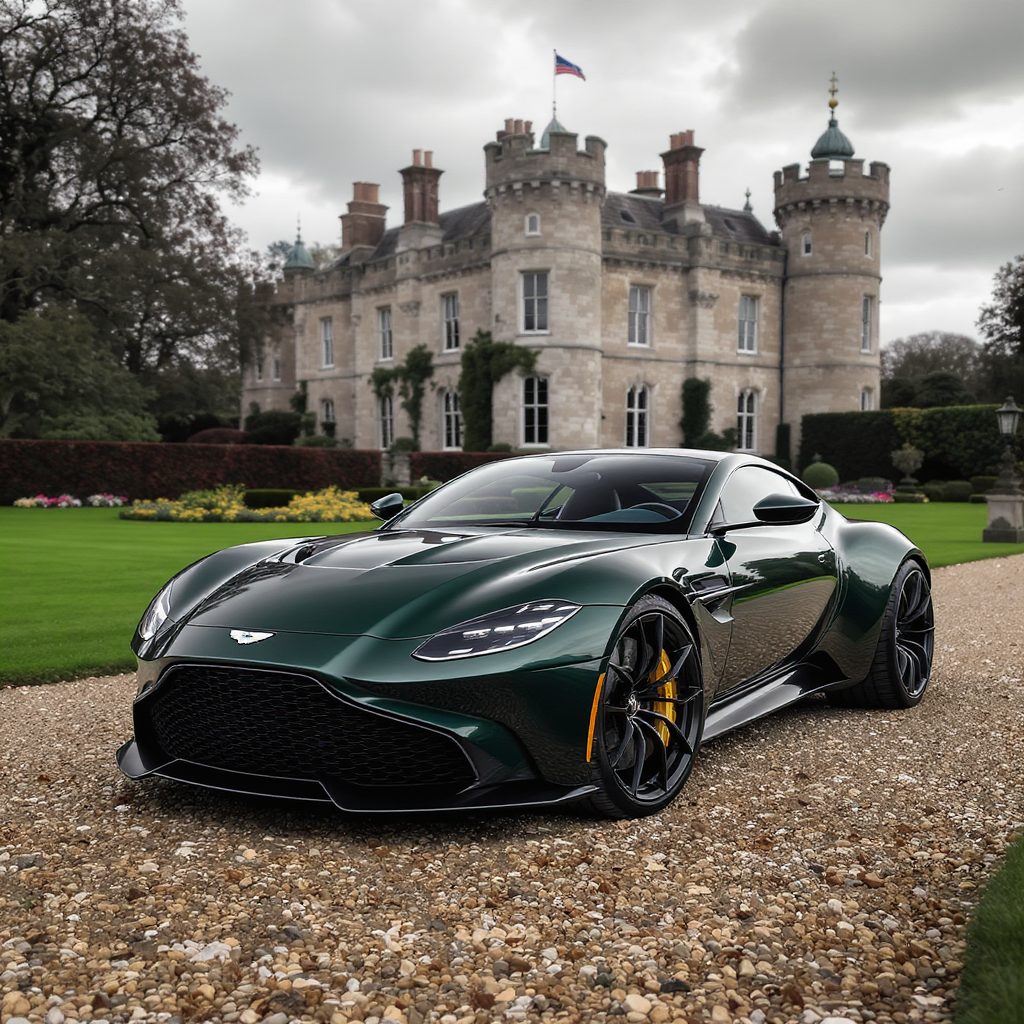
The automotive sector is witnessing a wave of strategic collaborations as manufacturers seek to enhance their competitive edge through specialized partnerships. Honda is deepening its commitment to Formula 1 through a new alliance with Aston Martin Racing, while Hyundai Motor Group is expanding its innovation network through partnerships focused on advanced materials and biodesign research. These alliances reflect a broader industry trend where automakers are leveraging external expertise to accelerate development in both high-performance racing applications and next-generation mobility solutions. The partnerships demonstrate how collaboration has become essential for addressing the complex technical challenges facing the automotive industry.

The electric vehicle market is experiencing significant fluctuations as manufacturers adjust their strategies around pricing, sales models, and inventory management. While some brands are offering substantial discounts to move units, others are planning price increases, reflecting the complex dynamics of the current automotive marketplace.

The European electric vehicle landscape is experiencing significant transformation as manufacturers ramp up production and sales continue to grow. Volkswagen Group has reported a remarkable 42% increase in battery electric vehicle (BEV) sales [1], while Kia announces major expansion plans for its European EV production. These developments come as the EU continues to progress toward its zero-emission goals, with new policies and market dynamics reshaping the automotive sector.

In a significant strategic move that reshapes its luxury vehicle hierarchy, Toyota Motor Corporation has announced plans to establish Century as a standalone ultra-luxury brand positioned above Lexus in its corporate structure. This bold restructuring represents one of the most substantial organizational changes in Toyota's luxury vehicle strategy since the launch of Lexus.

The automotive market is showing interesting dynamics as manufacturers adopt different strategies to manage sales and inventory. While Ford is taking aggressive steps to boost F-150 sales through innovative financing options, Toyota continues to grapple with supply chain challenges that limit its ability to meet customer demand, highlighting the contrasting situations major automakers face in today's market.

Chinese electric vehicle manufacturers are demonstrating remarkable strength in both domestic and international markets, with several companies hitting significant milestones. While the overall import market shows signs of contraction, domestic brands are expanding their global footprint through strategic initiatives and technological advancement, particularly in the electric vehicle sector.

As the automotive sector accelerates its transition toward autonomous vehicles, cybersecurity and functional safety have emerged as critical priorities for manufacturers and technology providers. Recent developments highlight the industry's commitment to establishing robust security frameworks that can protect increasingly connected and software-dependent vehicles. With autonomous driving systems relying on complex artificial intelligence and extensive data processing, ensuring both cyber resilience and operational safety has become essential for the future of mobility. Industry leaders are now integrating advanced testing platforms and security protocols to address vulnerabilities before vehicles reach public roads.












